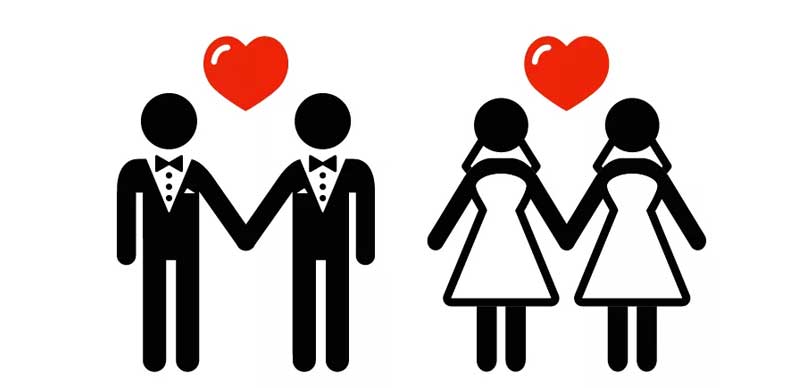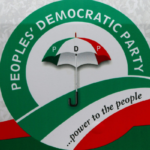
The result was welcomed by the head of the German Bishops’ Conference Georg Baetzing as a “very good” outcome.
The Church considers that marriage is exclusively the union of a man and woman, and the issue of homosexuality is highly controversial.
Most recently, the Congregation for the Doctrine of the Faith (CDF), the powerful Vatican office responsible for defending church doctrine, handed down a ruling in 2021 that same-sex unions could not be blessed despite their “positive elements.”
However, in many countries, including Germany, the blessings are already offered in practice.
In 2021 and 2022, German churches participated in nationwide days of action where they held blessings for homosexual couples.
The practice depends to a large degree on the attitude of the local bishop. The implementation of the decision of the Synodal Path conference rests wholly with the bishops.
At 23 million followers, the Catholic Church remains Germany’s biggest religious community.
But its pews are increasingly empty on Sundays and it struggles to recruit new priests.
Pope Francis is himself ambivalent over the sensitive subject of homosexuality.
The pontiff has stirred controversy with his relatively liberal attitude towards sexual orientation, which is at odds with the beliefs of many conservatives in the Church.
“If a person is gay and seeks the Lord with good will, who am I to judge him?” Francis said soon after he became pope in 2013.
Yet the pope sticks firmly to Catholic teaching that marriage is the union between a man and a woman in order to procreate.
The Synodal Path is a two-year project that aims to renew the Church and regain the public’s trust, tackling controversial themes including a damaging child abuse crisis.
AFP





